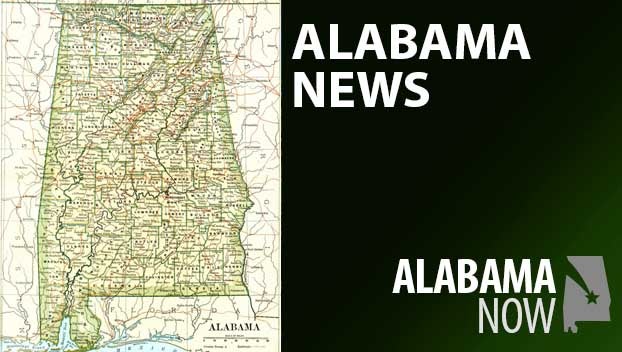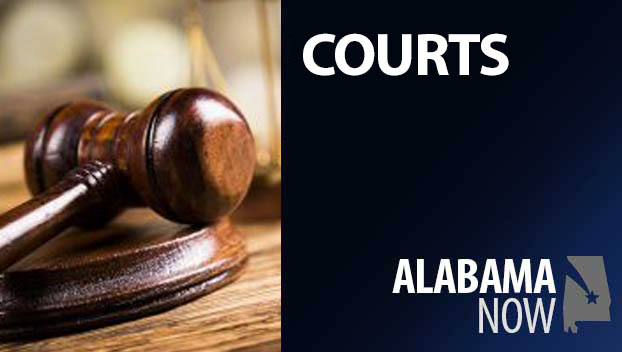Governor extends Alabama mask order, eases occupancy limits
Published 9:15 pm Thursday, November 5, 2020
Alabama is extending a public health order requiring face masks in public but lifting occupancy limits on stores and other places as deaths and hospitalizations from the coronavirus pandemic worsen in the state, the governor announced Thursday.
Gov. Kay Ivey said during a Capitol news conference that the mask mandate and new order will last through Dec. 11. The Republican governor said she was trying to balance health concerns — as the state faces an uptick in cases — with economic ones such as alleviating some of the financial damage to retailers and restaurants. Extending the mask order was needed to keep people safe and as well as allowing some aspects of life to go on more normally, she said.
“I understand folks are bone dead tired of the mask I’m tired of it too but asking for the mask mandate is just a minimal ask to keep us safe so our business can stay open and people that are employed can keep working,” said Ivey.
Alabama’s death toll from the coronavirus pandemic topped 3,000 this week as both cases of COVID-19 and hospitalizations continued rising. Since the pandemic began, more than 200,000 Alabamians have tested positive. Health officials have credited the mask order with a drop in daily case numbers since it was first announced, but have also expressed concern about state numbers beginning to creep upward.
“More than 3,000 Alabamians have died from this deadly virus. While obviously some folks are more susceptible to COVID-19 because of age and preexisting conditions, no one is immune as we are all capable of contracting this virus,” Ivey said.
As before, anyone over the age of 6 will be required to wear masks in indoor public spaces and outdoors when it’s impossible to stay away from others. But occupancy limits are ending for retailers headed into the holiday shopping season, entertainment spots and fitness centers.
“Simply put, this should be welcome news as we get ready for the upcoming holiday season,” Ivey said of the lifted occupancy limits. “From the outset of this pandemic, I said you can not have a life without a livelihood,” Ivey said.
Also, businesses including restaurants, hair salons and barber shops won’t have to follow social distancing requirements that mandate a distance of 6 feet (2 meters) of separation if people are using masks and are separated by an impermeable barrier or partition.
The statewide mask order was first announced in July.
Dr. Don Williamson, president of the Alabama Hospital Association who is also Alabama’s former state health officer, praised the decision to extend the mask order.
“I think we are entering a very, very dangerous part of the pandemic,” Williamson said. “Hospitalizations are going up and cases are going up.”
He said the upward trend also comes ahead of holiday gatherings and colder weather when people will be inside more often.
“That combination just creates the opportunity for substantially increased transmission. We are seeing it around the country. Yesterday, was the first time we ever hit 100,000 cases in a day,” Williamson said.
The 1,848 new cases reported Wednesday in Alabama was the most in a single day since early August. More than 1,020 patients were hospitalized with COVID-19, an increase of 45% since late September.
Dr. Mike Saag, an epidemiologist at the University of Alabama at Birmingham who both survived COVID-19 and treats patients with the illness, agreed the extension was warranted.
“It is needed now more than ever with the explosion of cases across the nation over the last 30 days,” Saag said.
Alabama’s death count is the 23rd highest in the nation, and the state is 22nd highest in the per capita death rate at nearly 62 for every 100,000 people, according to researchers at Johns Hopkins University. The rolling average number of daily new cases has jumped by about 308, an increase of 29.4%, over the last two weeks.
While the virus causes only mild to moderate symptoms for most people, it is particularly dangerous for the elderly and people with other, serious health problems.





